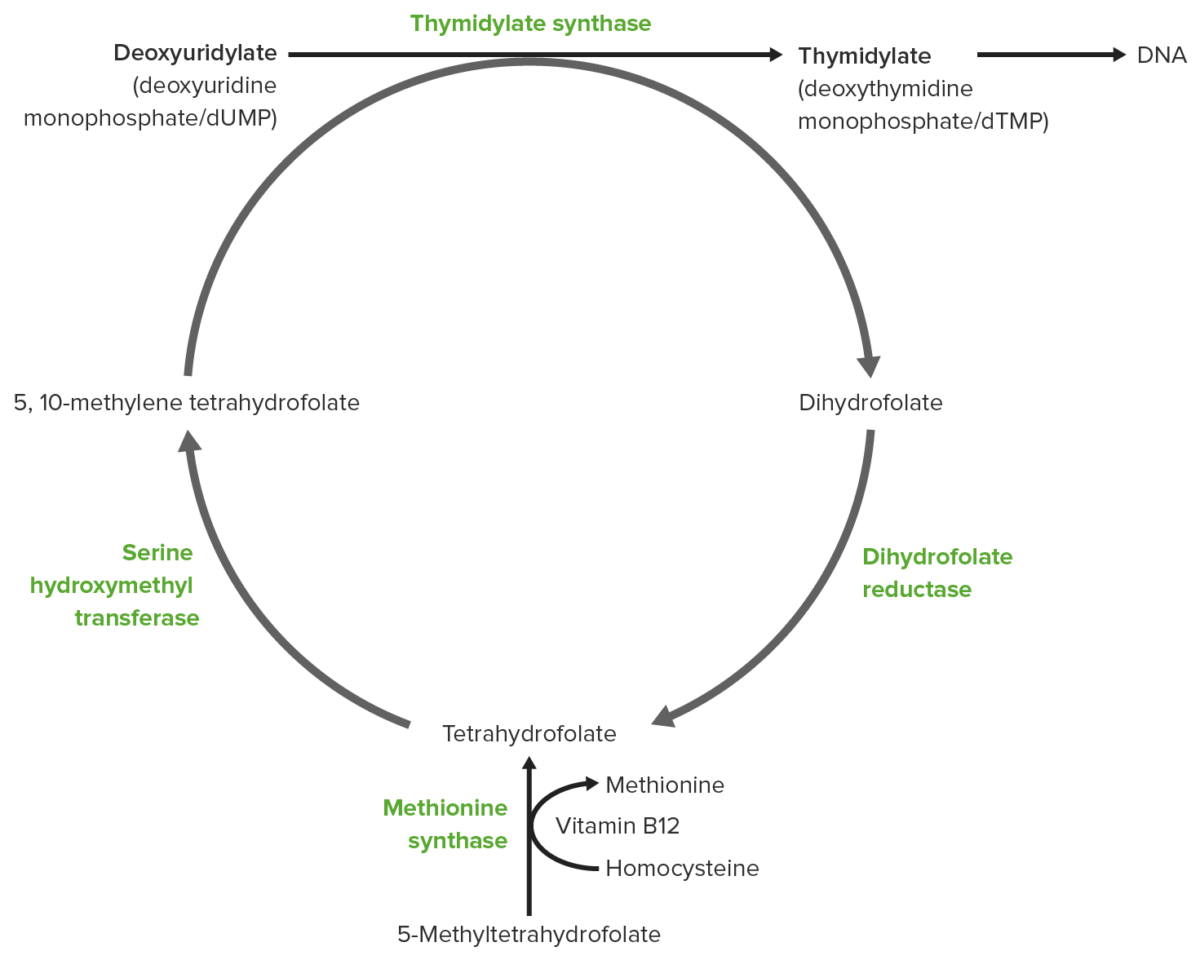

Inoculation of the sporozoites into a new human host perpetuates the malaria life cycle. The oocysts grow, rupture, and release sporozoites, which make their way to the mosquito’s salivary glands. The zygotes in turn become motile and elongated (ookinetes) which invade the midgut wall of the mosquito where they develop into oocysts. While in the mosquito’s stomach, the microgametes penetrate the macrogametes generating zygotes. The parasites’ multiplication in the mosquito is known as the sporogonic cycle. The gametocytes, male (microgametocytes) and female (macrogametocytes), are ingested by an Anopheles mosquito during a blood meal. Blood stage parasites are responsible for the clinical manifestations of the disease. Some parasites differentiate into sexual erythrocytic stages (gametocytes). The ring stage trophozoites mature into schizonts, which rupture releasing merozoites. ovale a dormant stage can persist in the liver and cause relapses by invading the bloodstream weeks, or even years later.) After this initial replication in the liver (exo-erythrocytic schizogony ), the parasites undergo asexual multiplication in the erythrocytes (erythrocytic schizogony ). Sporozoites infect liver cells and mature into schizonts, which rupture and release merozoites. During a blood meal, a malaria-infected female Anopheles mosquito inoculates sporozoites into the human host.

The malaria parasite life cycle involves two hosts. knowlesi is still considered a zoonotic malaria. knowlesi is being naturally transmitted from human to human via the mosquito, without the natural intermediate host (macaque monkeys, genus Macaca). At the time of this writing, it has not been determined if P. However, there are periodic reports of simian malaria parasites being found in humans, most reports implicating P. Four species are considered true parasites of humans, as they utilize humans almost exclusively as a natural intermediate host: P. There are approximately 156 named species of Plasmodium which infect various species of vertebrates.


 0 kommentar(er)
0 kommentar(er)
